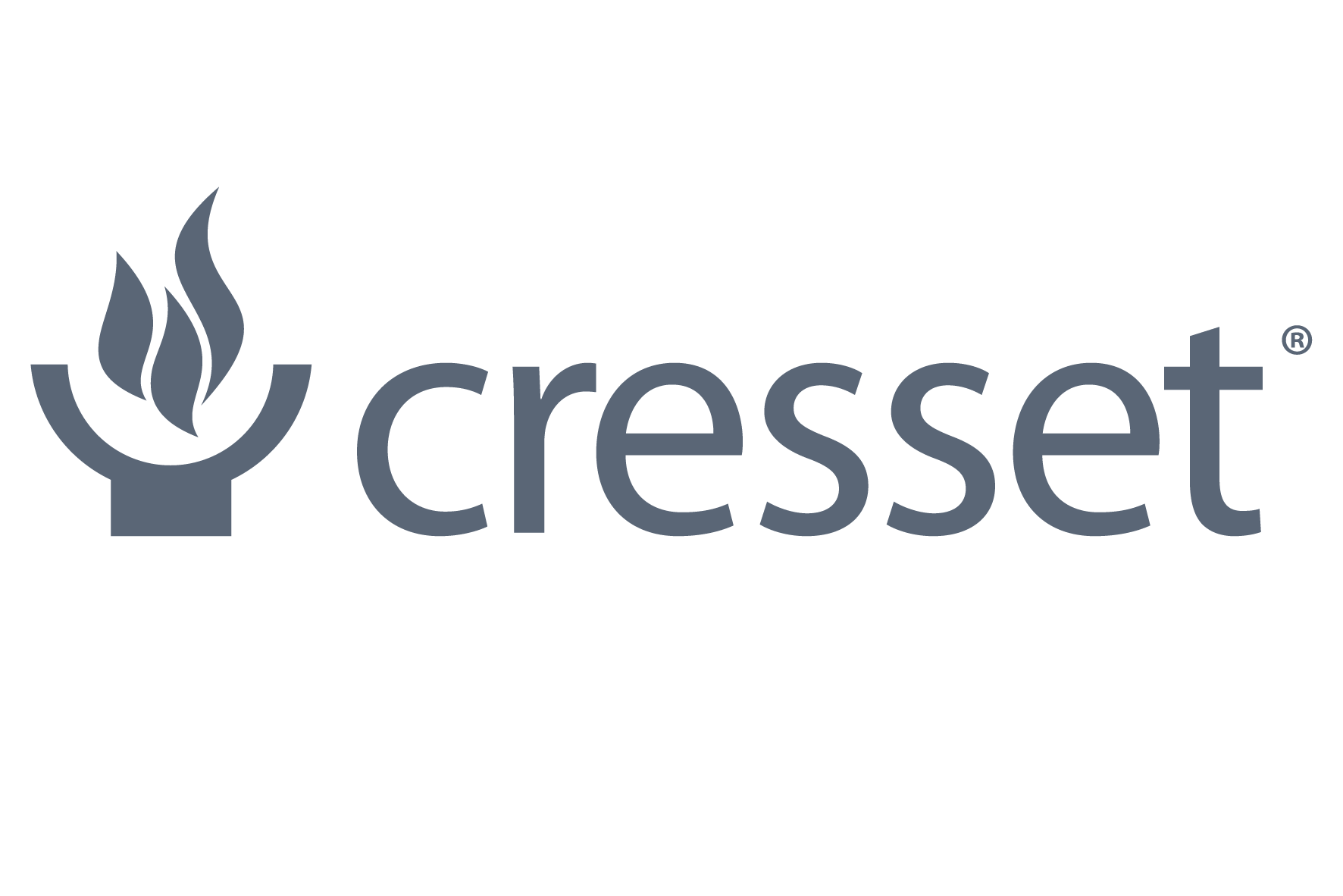Tankyrase-1 (TNKS-1) is a poly(ADP-ribose) polymerase enzyme involved in many physiological processes ranging from telomere maintenance, Wnt signalling, mitosis and insulin-mediated glucose uptake. Encouragingly, TNKS-1 is a druggable modulator of Wnt/β-catenin signalling, a critical signalling cascade implicated in cancer stem cell renewal, which accordingly has placed TNKS-1 at the epicentre of ligand and structure-based small molecule anti-cancer drug design.
Despite being a well characterized drug target, the search for small molecule inhibitors of TNKS-1 becomes exceedingly difficult without efficient computational means to explore chemical space for new drug-like molecules and bioisosteres, in addition to accurately discriminating between target binders and non-binders.
Thankfully, Spark™, Cresset’s bioisosteric replacement platform, and Flare™, Cresset’s comprehensive platform for ligand and structure-based molecule design can be deployed in a combined computational drug discovery workflow to rapidly discover new molecules capable of binding within the active site of TNKS-1.
Specifically, in this webinar you will learn how Spark and Flare can help you to:
About the presenter
Oliver Hills
Oliver Hills completed his PhD in computational chemistry at the University of Leeds, using quantum chemistry [Oliver Hills_2023] techniques to investigate the molecular interactions governing pathogenicity and virulence in bacterial biofilm extracellular matrices. Following this, he joined Cresset as a postdoctoral scientist providing scientific support towards to the development of new computational chemistry methods, in addition to demonstrating the optimal use of Cresset CADD software and advising customers on best practices for molecular modelling.
Despite being a well characterized drug target, the search for small molecule inhibitors of TNKS-1 becomes exceedingly difficult without efficient computational means to explore chemical space for new drug-like molecules and bioisosteres, in addition to accurately discriminating between target binders and non-binders.
Thankfully, Spark™, Cresset’s bioisosteric replacement platform, and Flare™, Cresset’s comprehensive platform for ligand and structure-based molecule design can be deployed in a combined computational drug discovery workflow to rapidly discover new molecules capable of binding within the active site of TNKS-1.
Specifically, in this webinar you will learn how Spark and Flare can help you to:
- Prepare your protein disease target (TNKS-1) to support accurate and insightful visualization of the protein active site, enabling you to infer drug design hypotheses.
- Use Spark to perform R-group replacement on a reference hit molecule to accelerate the discovery of novel bioisosteres.
- Execute molecular docking analysis to help prioritize designs and to identify potentially strong binders to your target.
- Use Electrostatic Complementarity™ to further develop and potentially improve molecule designs.
About the presenter
Oliver Hills
Oliver Hills completed his PhD in computational chemistry at the University of Leeds, using quantum chemistry [Oliver Hills_2023] techniques to investigate the molecular interactions governing pathogenicity and virulence in bacterial biofilm extracellular matrices. Following this, he joined Cresset as a postdoctoral scientist providing scientific support towards to the development of new computational chemistry methods, in addition to demonstrating the optimal use of Cresset CADD software and advising customers on best practices for molecular modelling.










